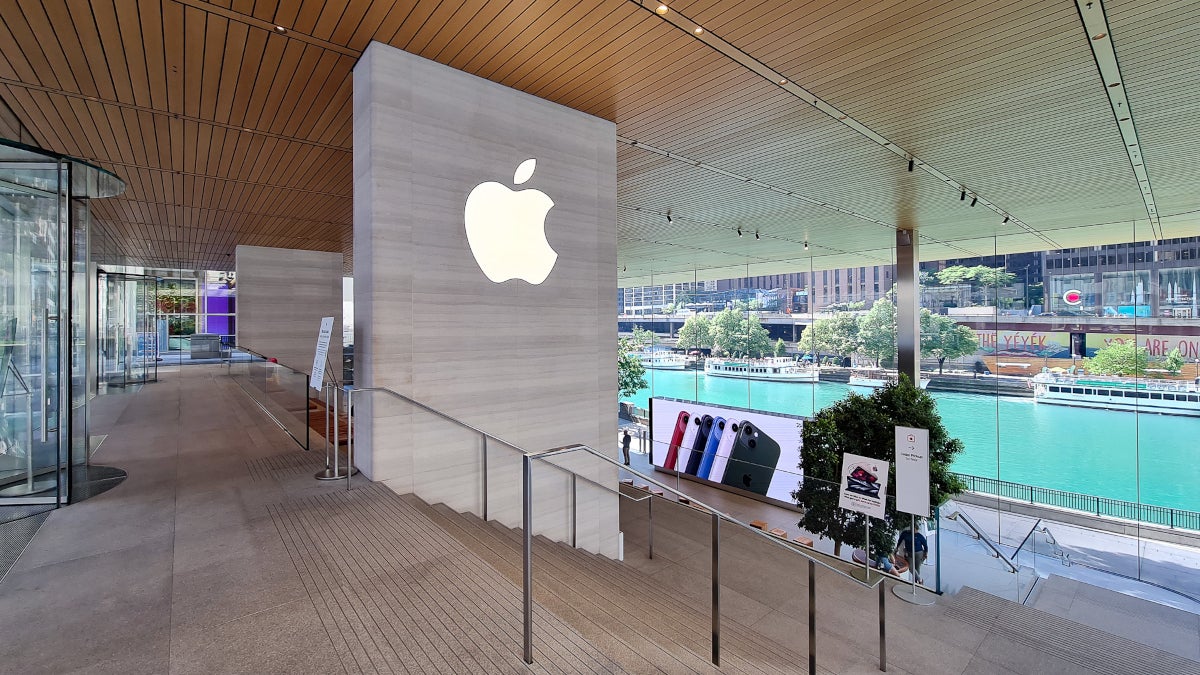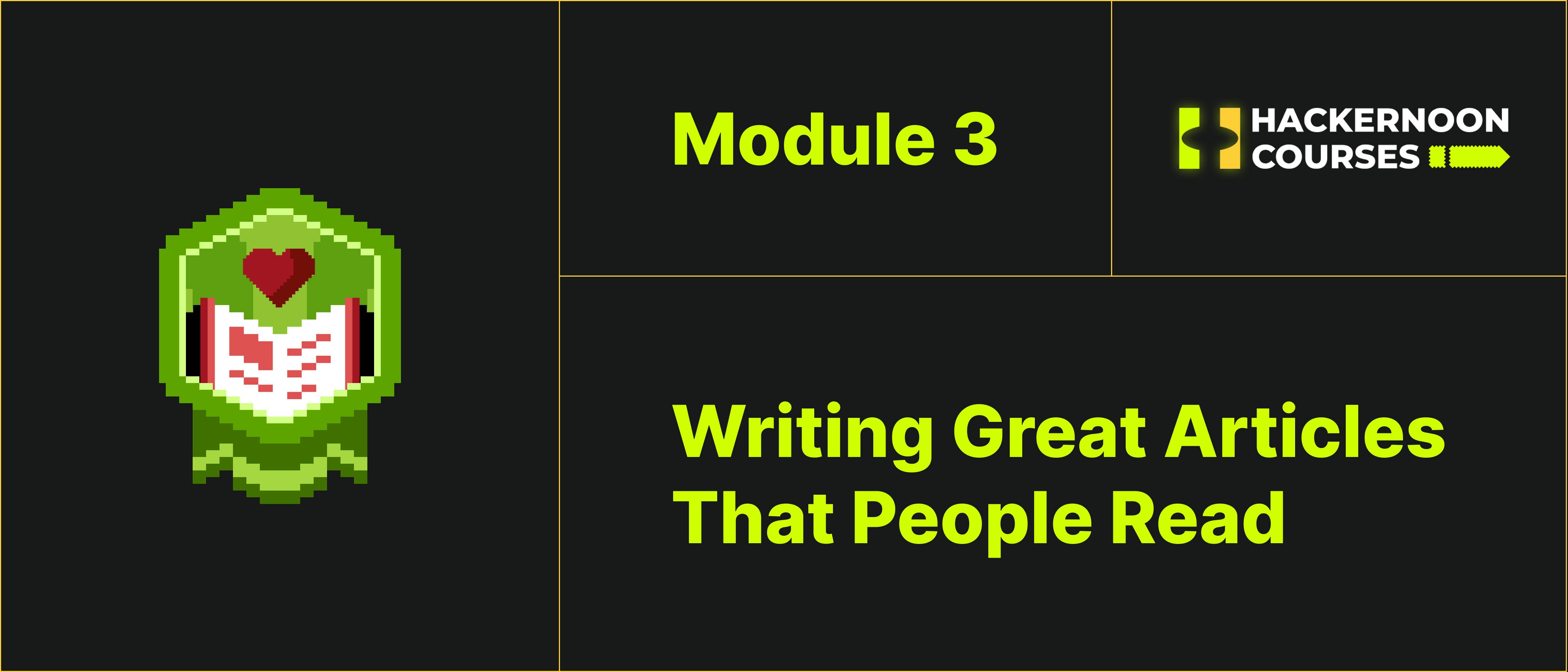Google has announced that Gemini Deep Research can now access information from your Gmail, Drive, and even Google Chat to give you answers and reports packed with more context.
Google has rolled out one of its boldest Gemini upgrades yet – the Gemini Deep Research – which it has described as one of its “most-requested features”, and it’s easy to see why. The update means Gemini can now combine personal data with information from the web to dig up deeper insights.
For example, you can ask Gemini to build a market analysis by pulling in email threads, your old brainstorming notes, and project plans from Drive, then combining all that with competitor details it finds online. You can even have it compile a comprehensive report that integrates spreadsheets, chat messages, and web searches – all in one go.
When Google first launched Deep Research, it was really just about letting Gemini search and sum up stuff from the open web. Now, it’s hooked into all your Google tools, even Docs, Sheets, Slides, and PDFs inside Drive.
By integrating with the entire productivity ecosystem, it’s starting to look like the all-in-one work assistant. However, it’s also kicking up the usual data privacy and consent questions. After all, Gemini can see personal and potentially sensitive content.
Google says this feature is not enabled by default. Users have to grant permission before Gemini can draw on their personal files or emails. The company has also emphasised that data used for Deep Research will remain within the user’s account and will not be sent off to train their AI.
Gemini Deep Research is now available on desktop, with a mobile rollout hitting soon. The move reflects Google’s broader strategy to leverage its huge network of apps like Gmail, Drive, Maps, and Chrome to take on standalone AI platforms like OpenAI’s ChatGPT and Anthropic’s Claude.










